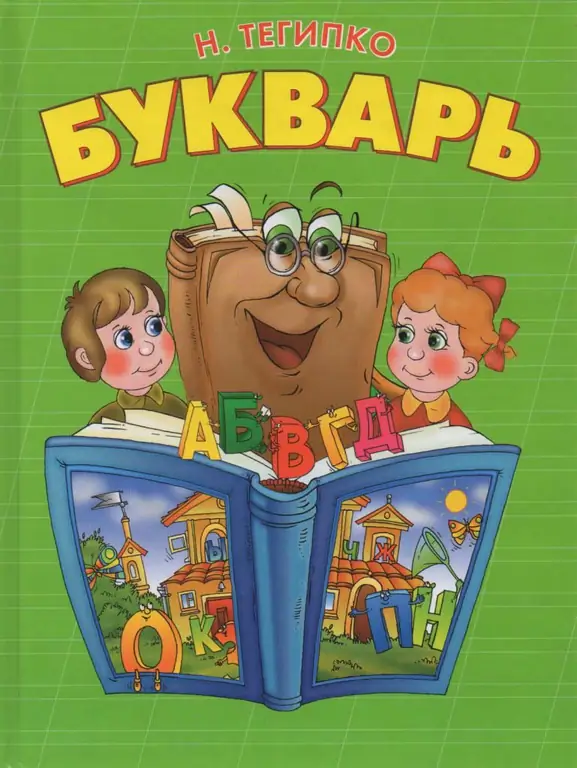One can talk about the we alth of the Russian language for a very long time, since it is simply inexhaustible. But for some reason, the inhabitants of the beautiful country of Russia often do not even think about how much we alth they have. It seems so familiar, ordinary, that they do not even pay attention to it in everyday life.

Language as a means of communication between generations
It seems to many that in our time it is not necessary to learn Russian, read books, write correctly. Communicating with each other, people use a huge number of foreign words, jargon, some broken, mutilated, sometimes obscene expressions.
When texting on social networks, young people do not consider it necessary to use punctuation marks, they often use these marks in the most unexpected places in a sentence.
It is impossible to underestimate the Russian language, as it is still the language of poets and prose writers, a means of transferring the enormous cultural heritage of the people to subsequent generations.
The richness of language is a subjectadmiration of almost all educated people, Russians and foreigners. After all, there is no such flexibility, variety of verbal forms and their meanings, the subtlest shades of meaning, well-aimed and precise expressions in any language of the world!
The Russian language is so rich and diverse that even its native speaker will not master even half of its vocabulary in a lifetime.

Secrets of the Russian language
The secret of the we alth of the Russian language lies not so much in the huge number of words recorded in the dictionary. But rather, that each has an incredible number of forms that can be formed using all sorts of suffixes, prefixes and endings.
The richness of the language is just a sea of synonyms, antonyms, paronyms, homonyms. Its vocabulary has in its arsenal words to denote a wide variety of actions, feelings and their shades.
Phonetics is also very multifaceted: sounds are divided into voiced, deaf, sonorous, vowels, consonants. There are letters that do not designate any sound: soft and hard signs; letters denoting several sounds at once: e, u, i.
Among other things, the richness of the language is the ambiguity, the semantic richness of the word, the emotional coloring and the imagery of expressions.
Synonyms - salvation from monotony
The use of synonyms (words that are close in meaning) makes human speech much richer, more colorful, livelier, helping to express a thought more accurately, while avoiding unnecessary repetitions.
Synonyms are words that have a similar lexical meaning, with which you canconvey the smallest details and shades, a positive or negative attitude to the described subject and make the conversation more interesting.
For this fantastic imagery and inexhaustible possibilities, the Russian language is called the greatest treasure of our national culture.

Proverbs and sayings
And the richness of the language is our well-aimed and accurate proverbs, sayings, that is, phraseology. With what subtle humor and irony they were created by our great people!
A proverb is a short, rhythmically organized figurative saying that is stable in speech. Sayings are one of the most curious genres of folklore, which is carefully studied by literary critics, but still remains unsolved to the end.
These folk sayings reflect figurative thinking, observation of a Russian person, his sharp mind, virtuoso command of the language, word. Proverbs and sayings are invented for all occasions, they are funny and sad, but always well-aimed and accurate, without unnecessary words and turns.
Thus, the rich, diverse, original and original Russian language allows each person to make his speech bright, beautiful, saturated with original comparisons and images, you just have to want and work a little: read the classics, remember and apply new ones in your speech words.






